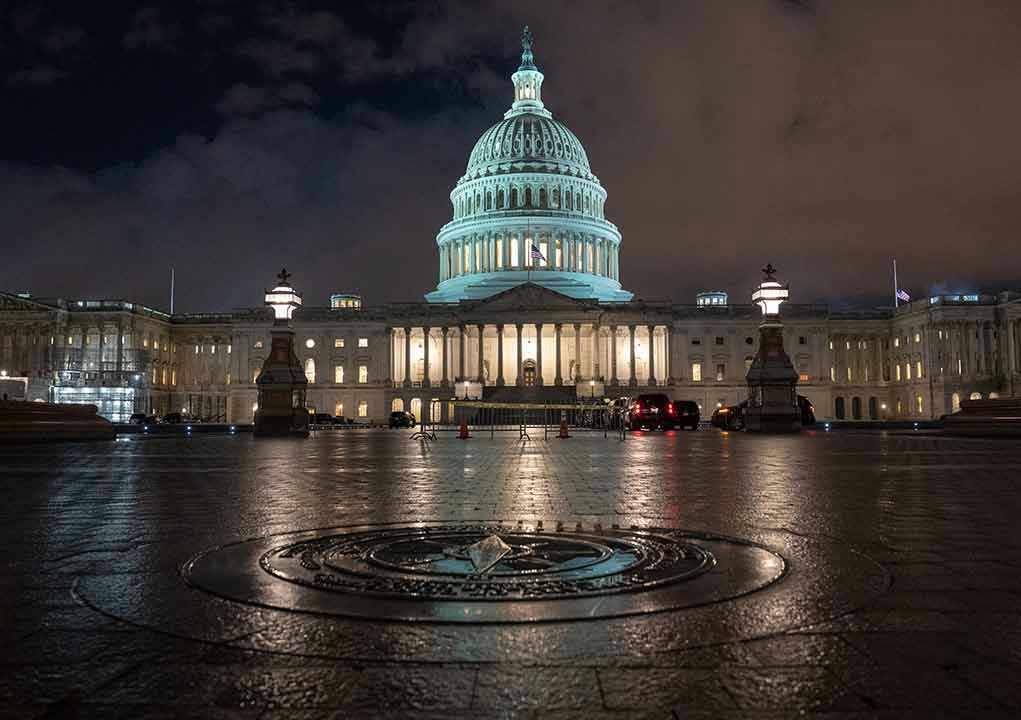
Ghislaine Maxwell, the woman at the center of the Epstein scandal, is now prepared to expose the secrets behind the world’s most protected sex trafficking operation—if Congress dares to listen.
At a Glance
- Maxwell claims she’s ready to testify before Congress about Epstein’s network and has never been asked to share her knowledge.
- The Department of Justice insists Epstein had no “client list,” fueling skepticism and outrage among survivors and the public.
- No Congressional hearings have been scheduled, despite mounting pressure and Maxwell’s reported willingness.
- The 2008 non-prosecution agreement that shielded Epstein’s associates remains a point of contention in Maxwell’s legal appeals.
Maxwell Offers to Testify: A Stunning Turn in a Case Rife with Injustice
After years of stonewalling and media spin, Ghislaine Maxwell, already serving a 20-year prison sentence, is signaling she is finally willing to testify before Congress about Jeffrey Epstein’s notorious sex trafficking operation. According to sources close to Maxwell, she never received a plea deal or a formal request to share the full extent of her knowledge. This is a story that has haunted the American public, not because of what’s been revealed, but because of the powerful names that have been protected again and again by the system. The Department of Justice, in its latest memo, claims Epstein was not blackmailing anyone and had no client list, a statement that’s done nothing to quell the anger of survivors and advocates. Instead, it’s only deepened suspicions about what’s really being hidden—and for whose benefit.
The Maxwell-Epstein saga isn’t just about two people; it’s about an entrenched network of privilege, power, and political protection. Maxwell’s offer to testify could blow open the doors on a case that has been buried under non-disclosure agreements, sealed documents, and bureaucratic delay. Yet, here we are, as of July 2025, with no hearings scheduled, no subpoenas issued, and no real appetite in Congress to demand answers. Meanwhile, the mainstream media tiptoes around the story, terrified of who might be exposed if the truth ever comes to light. The result? Survivors are left waiting, the public is left guessing, and the very people who orchestrated and benefited from this network continue to enjoy their lives of comfort and influence, untouched by justice.
The DOJ’s Memo and the Politics of Evasion
The Department of Justice’s recent proclamation that Epstein had no client list and engaged in no blackmail has landed like a slap in the face to those who’ve followed this case for years. This is the same DOJ that allowed a 2008 non-prosecution agreement to shield Epstein and his unnamed co-conspirators from real accountability, a deal that has become the gold standard of elite protection in the American justice system. Maxwell’s lawyers are now appealing her conviction to the Supreme Court, arguing that the old NPA should have protected her too. The DOJ, for its part, wants the Court to ignore her plea and keep the focus narrow, away from anyone who hasn’t already been convicted. The result is a growing chorus of outrage from survivors, legal experts, and ordinary Americans who see the system bending over backward to protect the rich and powerful while the rest of us are told to simply trust the process.
The absurdity of the DOJ’s position hasn’t gone unnoticed. Survivor advocates point out that the government’s refusal to publicly account for who was involved only deepens the trauma of those victimized by Epstein’s operation. Legal scholars call the 2008 deal a textbook example of how money and connections can undermine justice, especially when crimes are so heinous and the list of potential perpetrators reads like a who’s-who of global elites. If Maxwell actually testifies, it could finally force names into the open—assuming Congress has the backbone to ask the hard questions and demand real answers. But as of now, the silence from Capitol Hill is deafening.
Survivors, the Public, and the Erosion of Trust
What’s at stake isn’t just the fate of Maxwell or the legacy of Epstein; it’s the public’s faith in the justice system itself. Survivors and their families have waited for years for some measure of closure, some indication that the United States still values justice over privilege. Instead, they’ve watched as legal maneuvering and bureaucratic evasion have protected the very people who orchestrated and enabled a sprawling trafficking ring. Meanwhile, the broader public is left to wonder if the rule of law applies to everyone or just those without the right friends and the right connections. If Congress refuses to hear Maxwell, or if the DOJ continues to hide behind paperwork and legalese, the message is clear: the American justice system is for sale, and the price is silence.
The potential consequences go far beyond this case. If Maxwell’s testimony is ignored or buried, it sets a precedent that powerful offenders can evade accountability, provided they know how to work the system. It also means survivors will have no reason to believe that coming forward will ever make a difference—a tragedy not just for them, but for the very idea of American justice. In a nation founded on the principle that all are equal before the law, nothing could be more corrosive to our values, our families, and our future.
Sources:
ClickOnDetroit: Timeline of Epstein-Maxwell scandal
Georgetown Law Journal: Prosecuting Sex Trafficking
ABC News: DOJ and Maxwell’s Supreme Court appeal
Fair Observer: Timeline of Jeffrey Epstein

